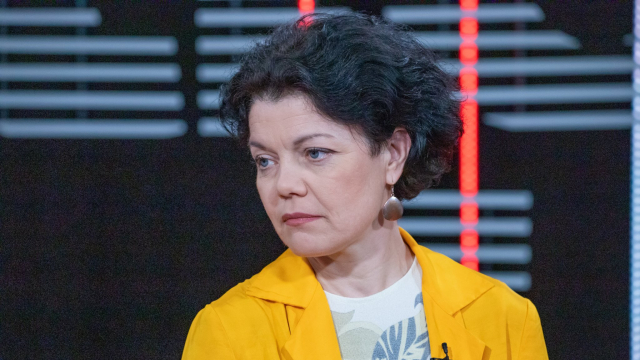Muižnieks said that the EU currently has national policies, but not a common EU policy for admitting refugees. That is, EU states are helping the southern countries to rescue refugees but they themselves don't want to admit them.
At the same time fences are built on EU's internal borders in the hope of stopping migrants, and the Dublin system, which supposed handing refugees to the countries where they first arrived, is crumbling down as well.
However, the US and Russia are likewise showing little initiative for admitting refugees. The US is currently ready to admit only a few thousand refugees while Russia, which is posing as a friend of Syria, doesn't want to admit anyone.
He also said that people who arrive in Europe from Syria are almost always refugees, while those from Afghanistan are mostly refugees. Many Somali and Sudanese also have the right to a refugee status, while those arriving from the Balkan countries are most likely economic migrants.
Muižnieks urged Latvians to teach the refugees Latvian and help them stand on their own two feet.
"It is not only their, but our responsibility too to help them stand on their own two feet," said Mužnieks. Only then they'll be able to pay taxes and otherwise become stable citizens of Latvia.
He also criticized the Latvian approach that seeks gains from solidarity, for example, by receiving EU structural funds and participating in NATO programs without shouldering their own share of responsibility.
It is estimated that about 750,000 refugees have arrived in the EU, mostly from Syria, while many have arrived from unsettled countries like Afghanistan, Iraq, Eritrea and Somalia.



























